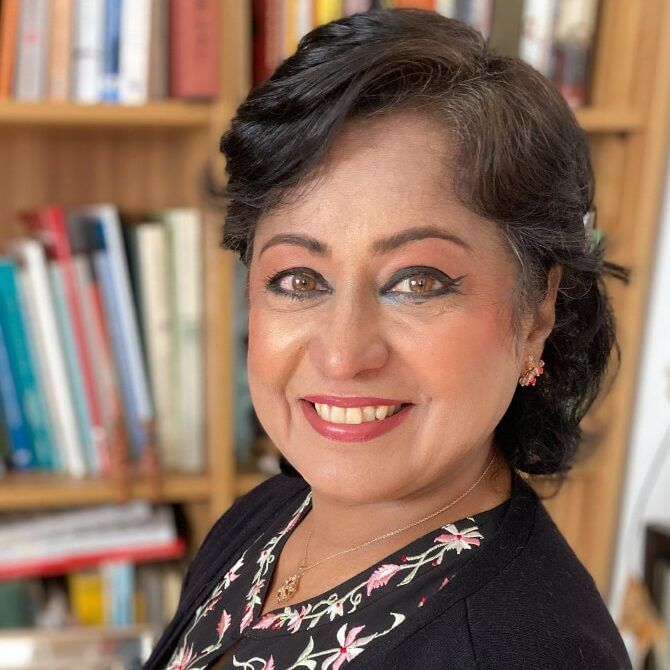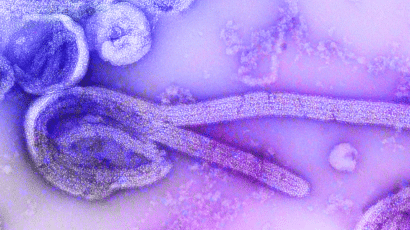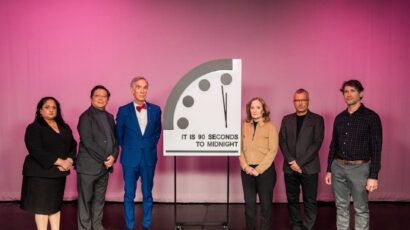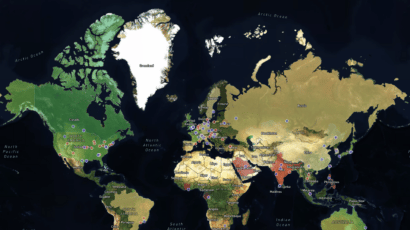About the Project
The COVID-19 pandemic has shown the devastating impact of a single virus. In the coming years, humanity’s encounters with deadly pathogens are likely to rise. Encroachment on the natural environment and climate-driven alterations in ecosystems provide increasing opportunities for viruses to cross species, including to humans. At the same time, there is a growing awareness that the field collection and experimental manipulation of potential pandemic viruses—while scientifically informative—carry the risk of accidentally, inadvertently, or intentionally seeding a pandemic.
With this in mind, the Bulletin of the Atomic Scientists convened a multi-disciplinary panel of international experts: the Independent Task Force on Research with Pandemic Risks to consider trends and oversight of high-risk research on pathogens with a narrow focus on the potential benefits and harms of research on pathogens with known or potential pandemic pathogens. The goal is to identify ways and means for research with pandemic risk to be managed as safely, securely, and responsibly as possible.
Task force members met virtually between October 2022 and January 2024. They hosted a public-facing conference in Geneva, Switzerland on April 19-20, 2023, that included task force members, policy leaders, journalists, scientists, and civic leaders, among others.
The task force will publish its findings and recommendations on February 28, 2024.

About the Bulletin
The Bulletin equips the public, policymakers, and scientists with the information needed to reduce man-made threats to our existence. At our core, the Bulletin posts free articles on its website and publishes a premium digital magazine. But we are much more. The Bulletin’s website, iconic Doomsday Clock, and regular events help advance actionable ideas at a time when technology is outpacing our ability to control it. The Bulletin focuses on three main areas: nuclear risk, climate change, and disruptive technologies, such as artificial intelligence and bioengineering. What connects these topics is a driving belief that because humans created them, we can control them. Learn more about the Bulletin.
Read some of the Bulletin's biosecurity coverage:





